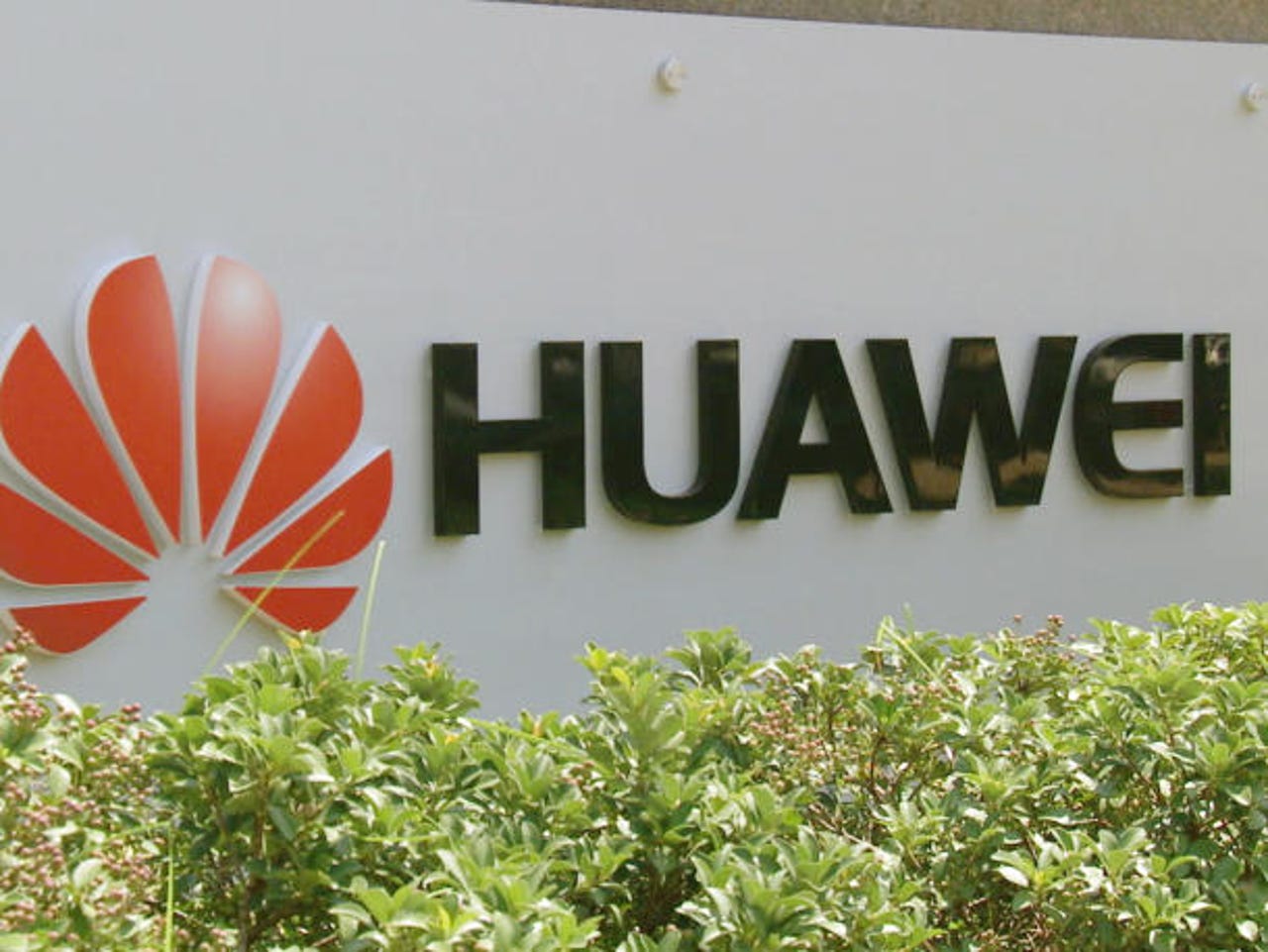Huawei: No government is forcing us to spy

One thing we can be certain of: the U.S. government "spies," in one way or another, thanks to the stream of leaks dished out by former U.S. National Security Agency contractor Edward Snowden.
Huawei, despite having the collective finger of the U.S. Congress pointed at it for similar alleged behavior, continues to deny that it has a role in any surveillance or espionage activities.
In the latest missive from the Chinese telecoms equipment provider, Huawei's deputy chairman Ken Hu offered two clear-cut statements [PDF] denying any involvement in any nefarious government spying:
"We can confirm that we have never received any instructions or requests from any Government or their agencies to change our positions, policies, procedures, hardware, software or employment practices or anything else, other than suggestions to improve our end-to-end cyber security capability."
And in part two:
"We can confirm that we have never been asked to provide access to our technology, or provide any data or information on any citizen or organization to any Government, or their agencies."
That's about as straight forward as one can get. There's a small catch though, at least on the U.S. side of things.
Under the two major secrecy and data-grabbing laws — the Patriot Act, and the Foreign Intelligence Surveillance Act (FISA) — Huawei wouldn't even be allowed to state if it was or wasn't under a government order.
It's why Verizon, which we know to be under a massive government surveillance request (not least because the U.S. Director of National Intelligence James Clapper declassified some of it), declined to comment to ZDNet some weeks ago on whether it will challenge the court order as many other companies have done.
But this isn't about the U.S. It's about China — in particular, China spying on U.S. firms, which was the whole hubbub stirred up by members of the U.S. Congress in 2012.
Last year, the U.S. House Intelligence Committee issued letters to both telecoms giants Huawei and ZTE stating U.S. government concerns over their connections and ties to the Chinese government. Rep. Dutch Ruppersberger (D-MD) said in the letter the committee was "concerned" the Chinese authorities could be hacking in or attempting to breach U.S. networks through its telecoms intermediaries.
Subsequently, U.S. companies were warned off using the company's technology, along with ZTE, which was also thrown into the mix.
The irony is under the U.S. Communications Assistance for Law Enforcement Act, U.S. companies are forced to comply with "backdoor rules" that allow the federal authorities to gain access to equipment for wiretapping purposes.
Hu took one last swipe at the U.S., which it's all but banned from:
"...we questioned the inconsistency of message that saw some governments criticising those that they did not agree with or those who were competing with their own companies, whilst at the same time buying zero-day exploits and using technology to further their own economic and political ends at the expense of others.
Earlier this year, a Reuters special report noted the U.S. government was the biggest malware buyer globally as it boosted its cyber-arsenal in efforts to "fight back" against those who target its networks.
And that was just one month before the whole NSA ding-dong hit the public light.
Following this, documents confirmed the U.S. spy agency bought hacking tools from French company Vupen, which allowed the federal government to snap up exploits to target zero-day vulnerabilities in systems, which have yet to be found or patched by the vendor.
